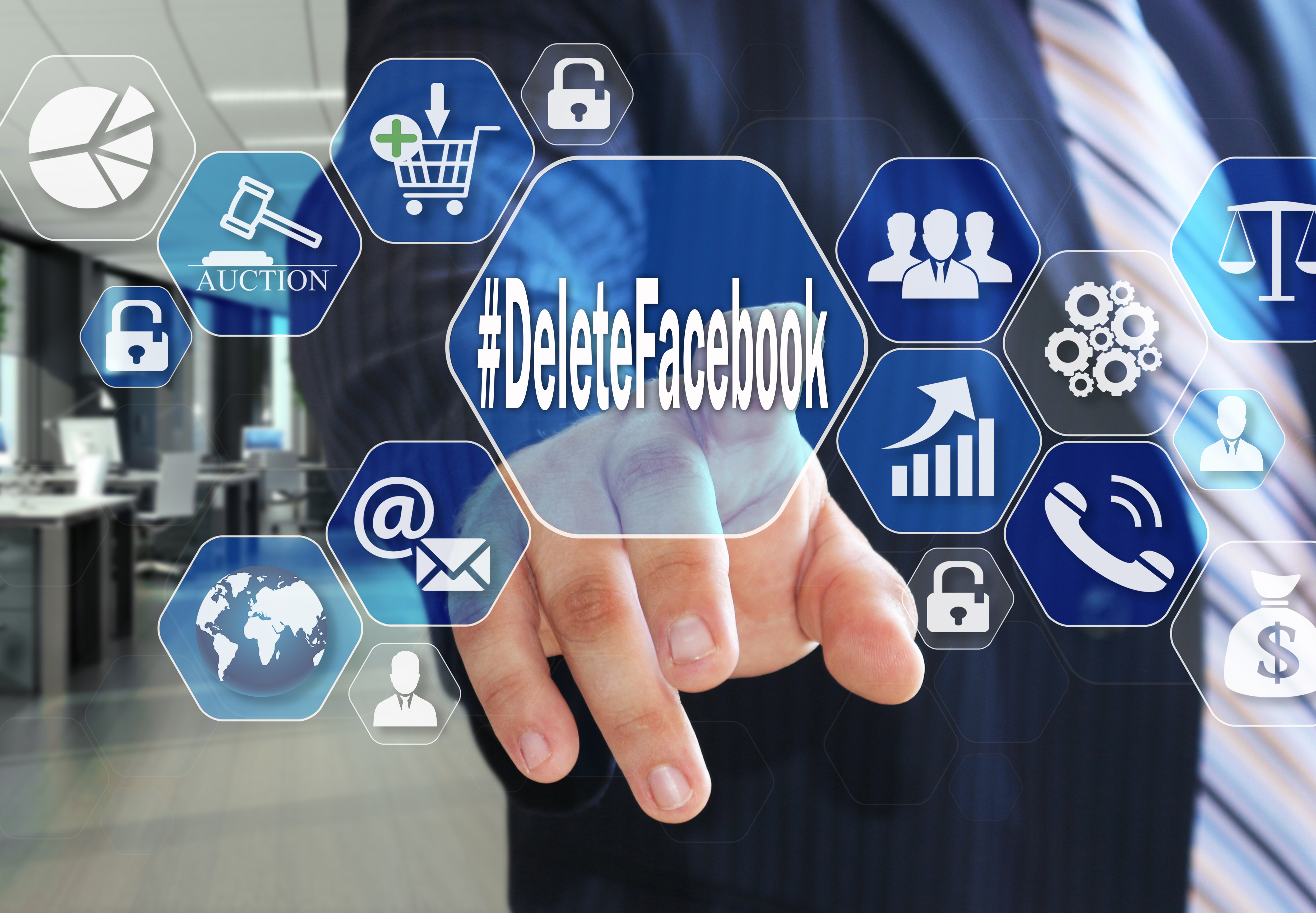
Dubbed “Clear History,” a Facebook Newsroom post[1] by vice president and chief privacy officer Erin Egan said that the upcoming feature will “enable you to see the websites and apps that send us information when you use them, delete this information from your account, and turn off our ability to store it associated with your account going forward”.
The ability to limit the amount of data gathered by third parties is nothing new. Google Chrome’s Incognito mode will be 10 years old at the end of 2018, and other major browsers have a long history with their own “private” browsing modes. In addition, Google offers a tool that allows you to delete some or all of the data Google has collected[2] about you.
Facebook probably won’t be able to reach the level of privacy that Google and other web browsers achieve. After all, users have to be logged in to Facebook to access the platform.
However, by adding Clear History to help users protect their privacy, Facebook has taken a positive step to address the concerns raised in the wake of the Cambridge Analytica scandal. The outlook for marketers who use Facebook, though, seems less positive — for now.
Who took the cookies?
Internet browsers do not track or save cookies and site data when users enter private or incognito mode. Based on Facebook’s announcement, Clear History will work in a similar fashion. Facebook says that it gathers user and device data via cookies[3] for many purposes, from security and user experience to analytics and ad-targeting.
Depending on how many Facebook users take advantage of Clear History to erase and prevent data collection, Facebook advertisers and social media marketing

